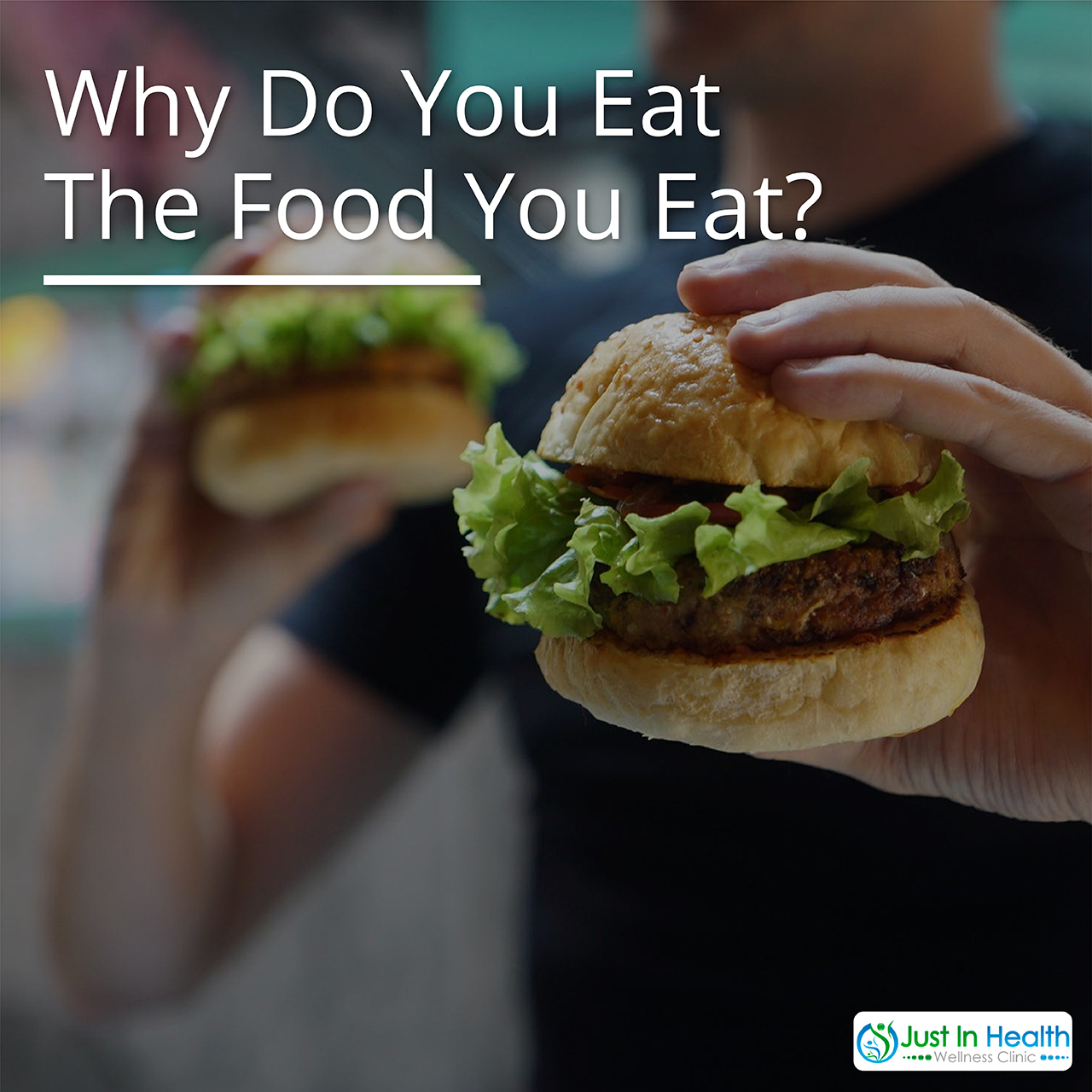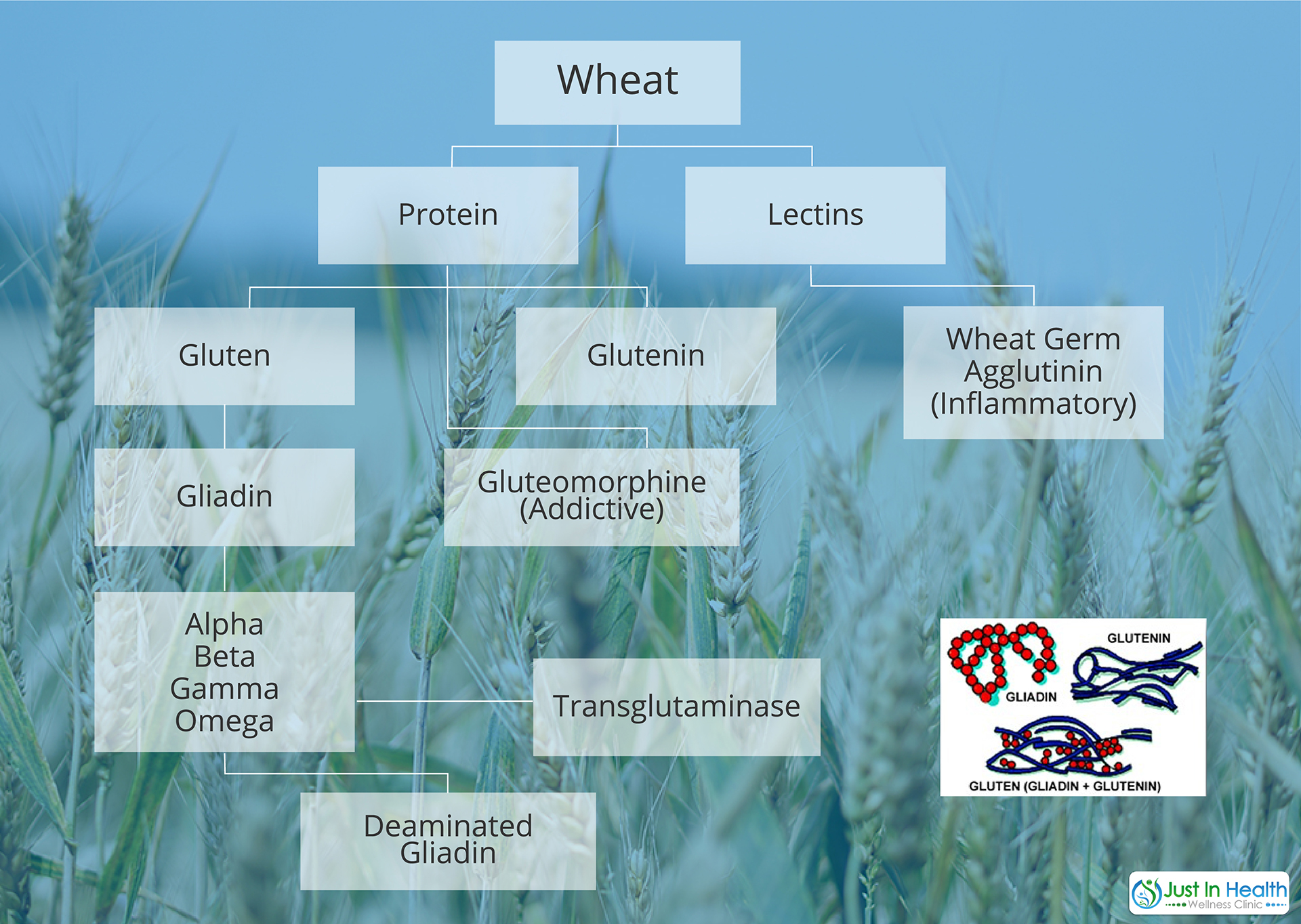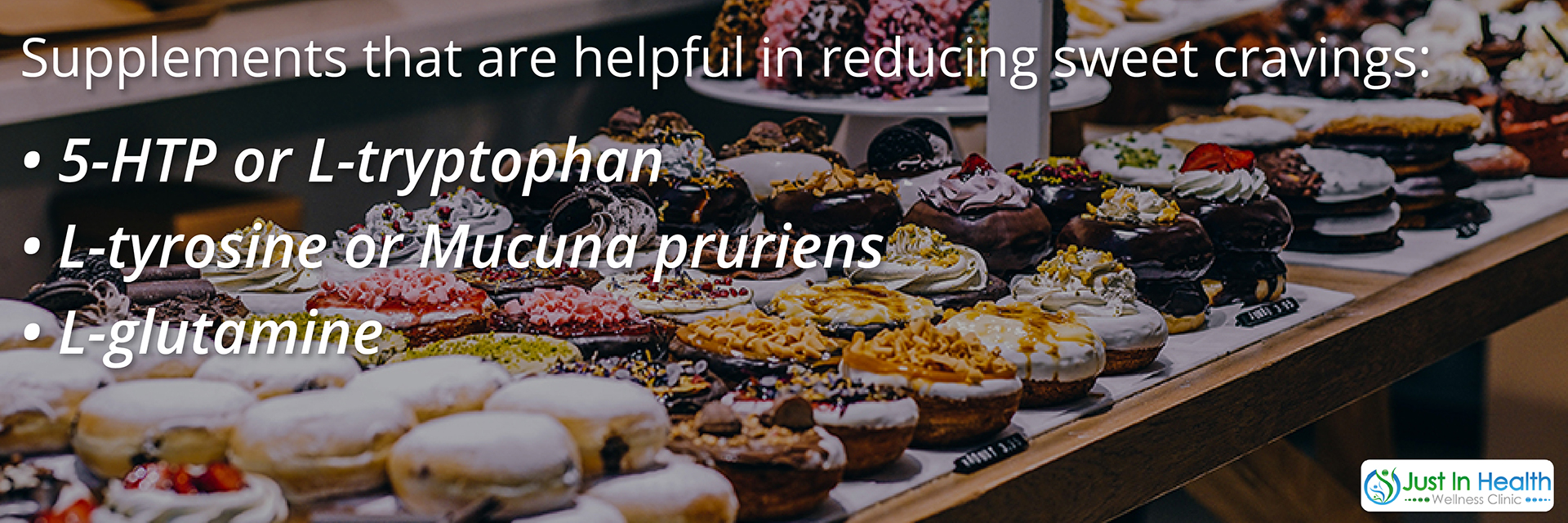

By Dr. Justin Marchegiani
The first question I have for anyone who is looking to be healthy, “Why do you eat the foods that you eat?”
This is a foundational question that everyone needs to answer before any diet changes are made in your life. Our bodies are in a constant state of building up and breaking down every day, this is known as either anabolism (building up) or catabolism (breaking down). The foods we eat and even the timing of when we eat, have a drastic effect on which state are body is in.
Are foods that you're consuming anti-inflammatory, nutrient dense and low in toxins? Depending on how sick you or how healthy you want to be, 80 to 99% of the food you put in your body needs to meet this criteria.
In the chart below you will see that the highest rates of nutritional foods all come from the vegetable, fruit and animal sources. It is been hammered into our heads by the mainstream media that we need to consume grains everyday, heck it's the foundation of our food pyramid. But as you can see grains tend to be the most nutrient poor food source, not to mention the most inflammatory!
It's important to notes that many grains, refined sugars and high glycemic foods (foods the break down into sugar in your body very fast) can be addicting. Foods especially like refined dairy products and grains actually break down into morphine like products (gluteomorphines and caseomorephines). These morphine like compounds fit into the opiate receptor in your brain causing a similar response like heroin or vicodine. As you change your diet to nutrient dense, low toxin and anti-inflammatory foods, it is common to experience cravings.

Click here to know about nutrient-dense food sources
Foods like Oreo cookies are actually shown to be more addicting then cocaine in laboratory experiments. It's important to note the main compounds in Oreo cookies are refined flour, sugar and trans fats (1).
I know many of you are thinking, now that I'm changing my diet to healthier foods, “What can I do to help curtail the cravings?”
I find many of my patients have timing problems regarding when they eat their meals. Especially patients who have adrenal fatigue and or blood sugar issues need to be eating every 3 to 5 hours, especially within the first hour of waking.
One of the biggest stressors on your hormonal system is blood sugar stabilization, if your body is so concerned with stabilizing blood sugar it will have less ability to manage the other priorities in your endocrine system such as thyroid function and ovarian function to name a few.
When most people convert over to an anti-inflammatory or a paleo type of diet I find they are not eating enough healthy proteins and fat. The types of fat people are consuming aren't high quality fats from animal products such as healthy saturated fats from coconut, grass fed butter, grass fed meat, wild salmon and other pasture raised animals.
As your body gets adapted to burning fat for fuel (ketones) the less cravings you will have, in the early phases of this transition your body is used to burning carbohydrate and glucose for fuel, so as your blood sugar goes up and down throughout the day cravings can occur. Now that your body is relying more on ketones, there will be less reliance to burn glucose and sugar.
When many people learn about ketosis or fat burning they get scared and confuse it with ketoacidosis. Ketoacidosis involves people that are type I diabetics that are not receiving enough insulin and or alcoholics with liver damage. Ketosis (keto-lipolysis) is a normal physiological process the body goes through either when it's fasting or when relying on less carbohydrates and sugar for fuel.
The important difference between fasting and a low carbohydrate diet is is an important one. When you are fasting there is a deficiency of protein coming into your body, therefore your body is more apt to breakdown structural protein (muscle) for fuel. This may not be good thing if your goal is to be strong, lean and look good. If you are eating enough protein you don't have to worry about your body breaking down muscle for fuel. Most Dietitians spread this myth so I couldn't ignore the opportunity to dispel it.
Depending on your body composition and your weight loss goals carbohydrate recommendations can vary from person to person. If you are at or within 10 pounds of your ideal body weight and don't have blood sugar markers that are elevated consuming a little bit of low glycemic fruit and safe starches (not from grain sources) may be okay (you should be consuming more vegetables than fruit and starch). These individuals tend to be on the hypoglycemic side and have more of a petite or leaner frame.
If your goal is to lose weight and you're having problems with higher blood sugar or insulin resistance it's important that you get most of your carbohydrates through non-starchy vegetables. The best time to consume carbohydrates if you are trying to lose weight would be post exercise. In the post exercise window a little bit of low glycemic fruit should be okay, but vegetable should be consumed at all other times throughout the day as your carbohydrate source.
If you are feeling hungry at all throughout the day, this is putting additional stress on your hormonal system to stabilize blood sugar. The goal is to eat enough food to feel satiated for at least 3 to 5 hours. If you are not feeling satiated you need to look at how much you are eating as well as if you're eating enough fat and protein at your meals.
Supplements that are helpful in reducing sweet cravings:

5-HTP or L-tryptophan, L-tyrosine or Mucuna pruriens, and L-glutamine. It's very important that 5-HTP and and L tyrosine are taken in a proper ratio of 10:1, I do not recommend taking these without being under a physician or nutritionists supervision.
The next article will be about specific recommendations regarding protein and fat consumption. And also what to do if you're having a problem digesting all this great protein and fat.
References:
1. http://reason.com/blog/2013/10/16/researchers-show-that-cocaine-and-heroin